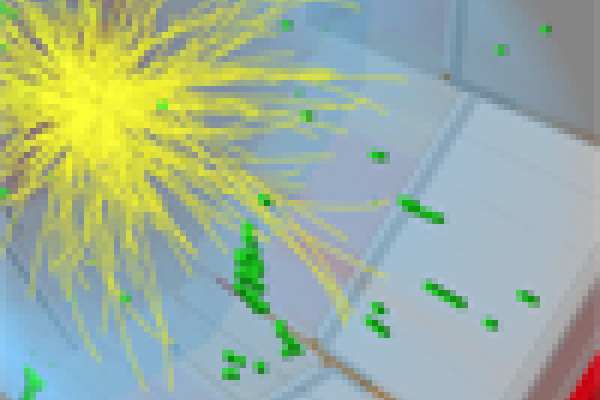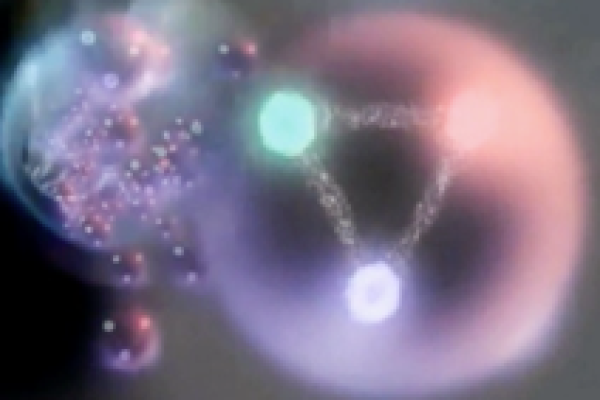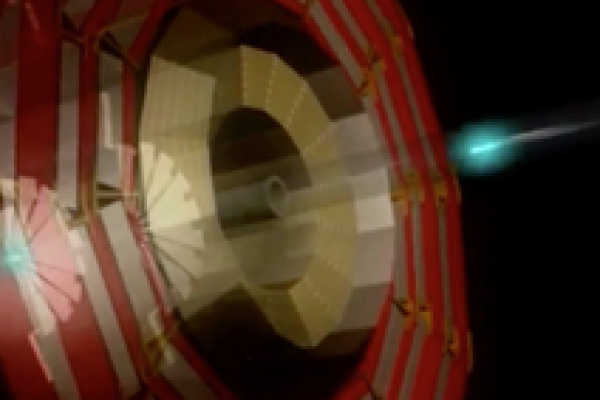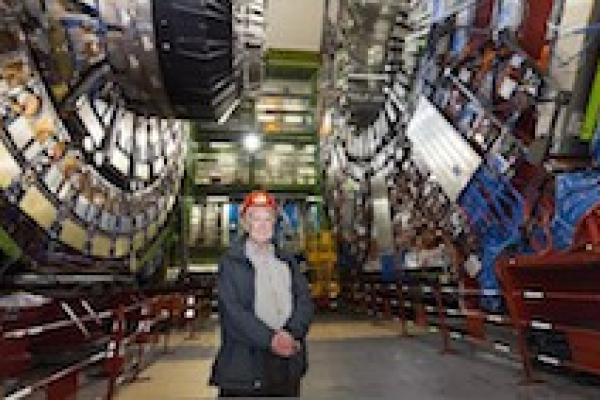It's hard to avoid CERN these days. Last year's successful switch-on of CERN's Large Hadron Collider, followed by a blow-out which is currently being fixed, sparked wide-spread media coverage, and currently CERN stars in the Tom Hanks movie Angels and Demons. So what goes on at CERN and why the hubbub about the Large Hadron Collider, known as the LHC? Ben Allanach investigates.



